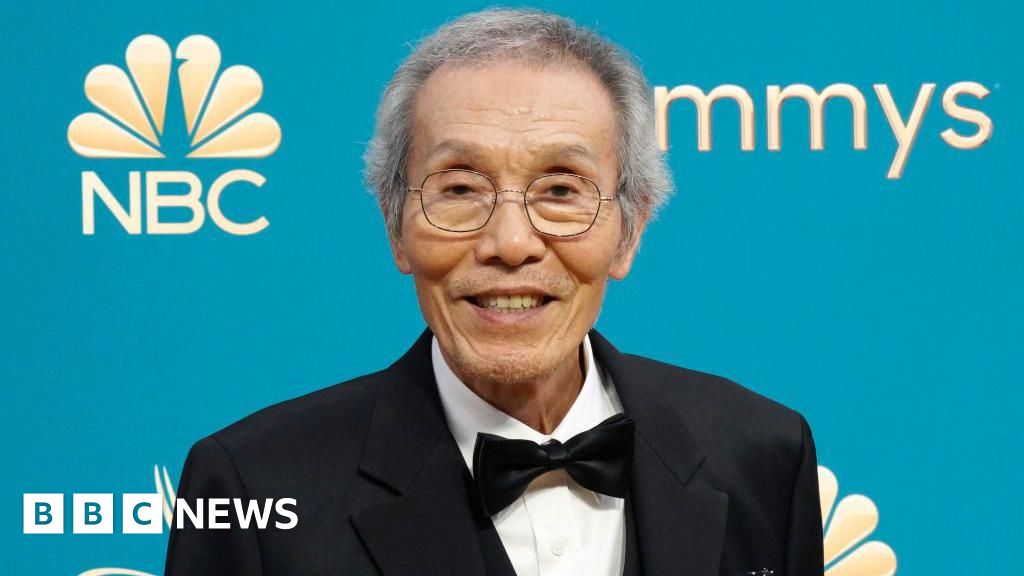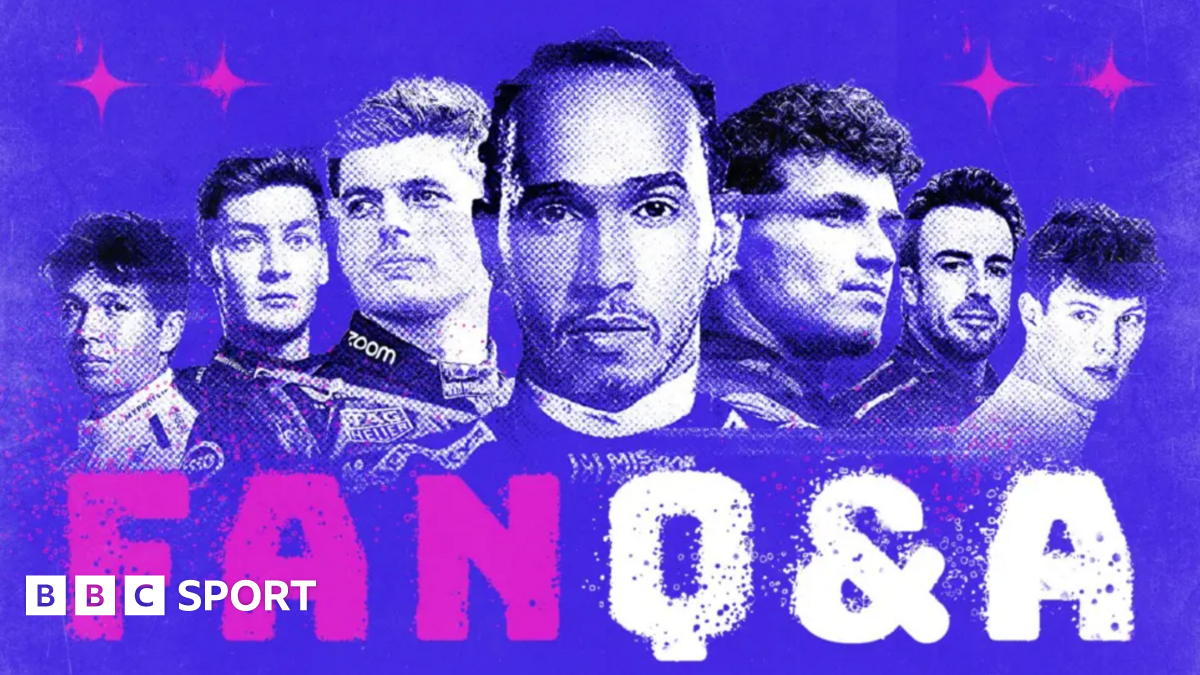Quilter Nations Series: England v New Zealand
Venue: Allianz Stadium, Twickenham Date: Saturday, 15 November Kick-off: 15:10 GMT
Coverage: Live on BBC Radio 5 Live and the BBC Sport website and app
There is a tricky alchemy to putting together a modern back three.
Ability under the high ball is more important than ever, with chasing players now having an unimpeded route into the aerial contest.
Raw speed is an instant advantage that can turn rare, open space into points on the board.
An additional playmaking option, able to step in at or alongside fly-half and give their team different options and shape, has become increasingly common.
Scotland's Blair Kinghorn, New Zealand's Damian McKenzie, France's Thomas Ramos and South Africa's Damien Willemse are all Test full-backs with fly-half experience.
With England, coach Steve Borthwick has plenty of strength in all departments.
A 11-15-14 combination of Immanuel Feyi-Waboso, Henry Arundell and Cadan Murley would be explosively quick.
Similarly a trio of Tommy Freeman, Freddie Steward and Tom Roebuck would be hard to better in the air, while Marcus Smith and Elliot Daly, back in the squad having recovered from a broken arm suffered on British and Irish Lions duty in July, offer playmaking smarts in the backfield.
Up against New Zealand on Saturday, Borthwick will have to pick through injuries, experience, his own tactical gameplan and what the All Blacks might have up their sleeves to find a winning formula.
Former England wing Ugo Monye believes, with Freeman struggling with an injury from the weekend's win over Fiji, Borthwick will be bounced into a combination of Feyi-Waboso and Arundell, either side of Steward at full-back.
"If Elliot Daly was fit and up to speed, I would pick him at 15," Monye told Rugby Union Weekly.
"But he hasn't played in a long time, and I don't know whether he is fully fit.
"Manny [Feyi-Waboso] plays on the right wing 100%, then, if it is not Daly, it has to be Steward, with Arundell on the left wing.
"It is a class combination, but you can see how with a couple of injuries and a little bit of disruption, you are putting out a back three that isn't part of the original plan.
"It's still a really strong back three, but when you look at the blueprint of how England want to play, it's not the perfect back three. That type of aerial game that England depend on is not Arundell's game.
"He likes the ball in his hands and on the floor, his game is not chasing high kicks and getting the ball back. The other two [Steward and Feyi-Waboso] are exceptional at that though."
Former England scrum-half Danny Care says the back-to-back grind of the autumn internationals - with four matches on successive weekends - is testing England's strength in depth in the backfield.
"For the past weeks we have been talking about how deep and strong this England squad is, well, we are going to have to see it this weekend," he told Rugby Union Weekly.
Monye agreed, suggesting England may have to opt for three backs on the eight-man bench - rather than the two they have carried in wins over Australia and Fiji - to allow Borthwick to support an unfamiliar combination.
Matt Dawson, who won the World Cup with England in 2003, doesn't believe the versatile Marcus Smith should be in the back-three conversation at all, preferring his creative talents as a game-changing fly-half replacement, rather than at full-back.
"I don't think Marcus is a full-back at the highest level," he wrote in his BBC Sport column. "I struggle to see the benefit of playing him there.
"I want the ball in his hands as much as possible, but I believe that should be in the front line, particularly in the final 20 minutes."
.png)
 2 hours ago
1
2 hours ago
1








 English (US) ·
English (US) ·